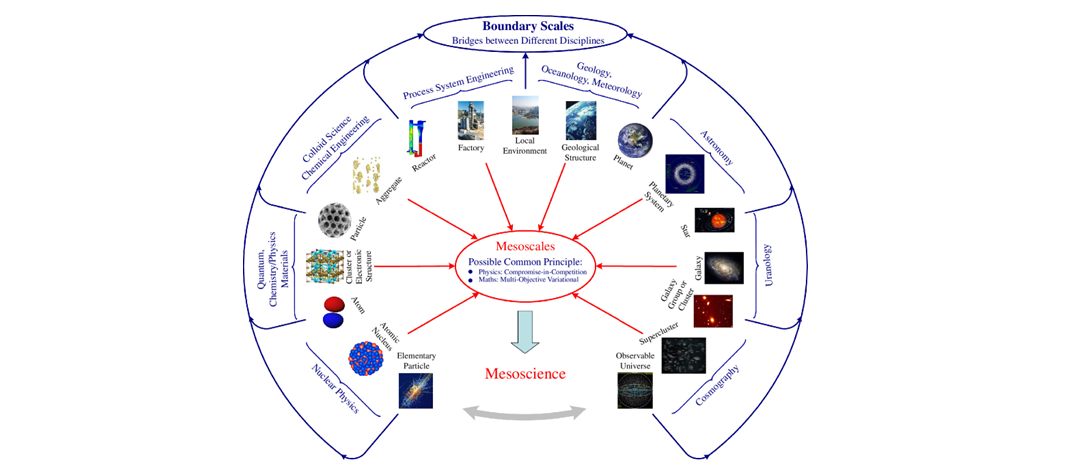BEIJING, Jan. 8 (Xinhua) -- Scientists have developed an innovative filter membrane that offers new possibilities for treating high-salinity wastewater.
The study, conducted by researchers from the Institute of Process Engineering of the Chinese Academy of Sciences and other institutes, was published in the latest issue of the journal Environmental Science & Technology.
The study highlights a newly designed mix-charged nanofiltration membrane with a horizontal charge distribution. This novel configuration creates a high charge density and a nearly electroneutral surface, allowing the membrane to efficiently facilitate the permeation of divalent salts.
The new membrane demonstrates exceptional salt permeation, organic matter retention, and antifouling properties, making it particularly effective for high-salinity organic wastewater, according to the study.
"Our membrane achieves 58.6 percent salt permeation and 68.7 percent Chemical Oxygen Demand (COD) rejection when treating high-salinity organic wastewater," said Luo Jianquan, corresponding author of the study, adding that the results are among the best reported for nanofiltration membranes.
Luo added that the findings pave the way for more efficient resource recovery and sustainability in wastewater management.
 Search
Search




 京公网安备110402500047号
京公网安备110402500047号